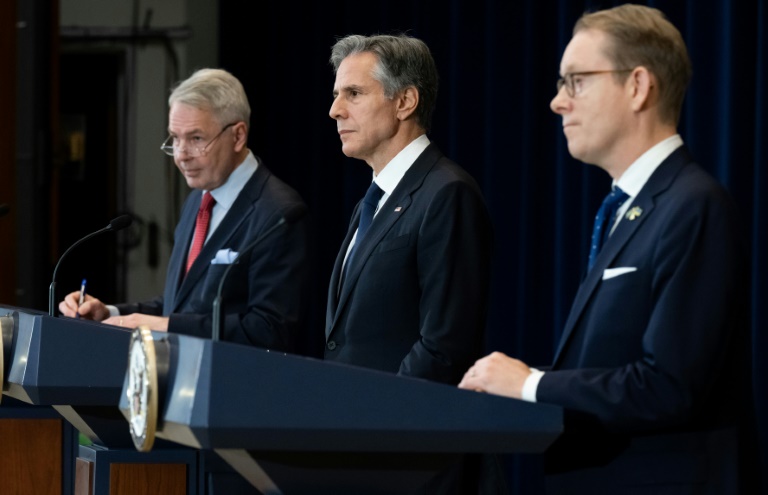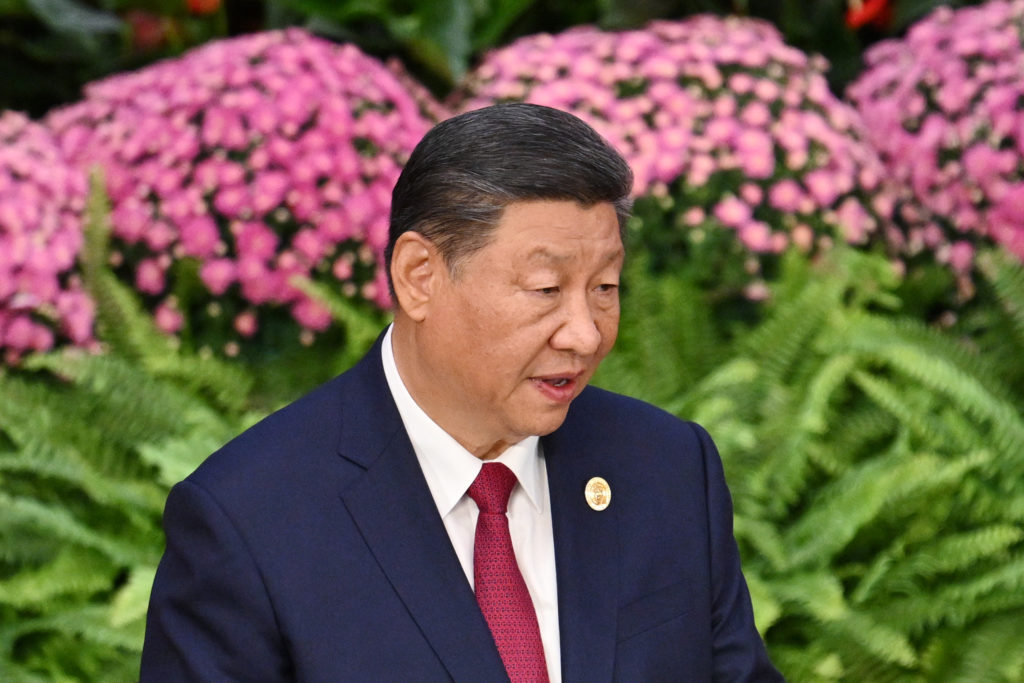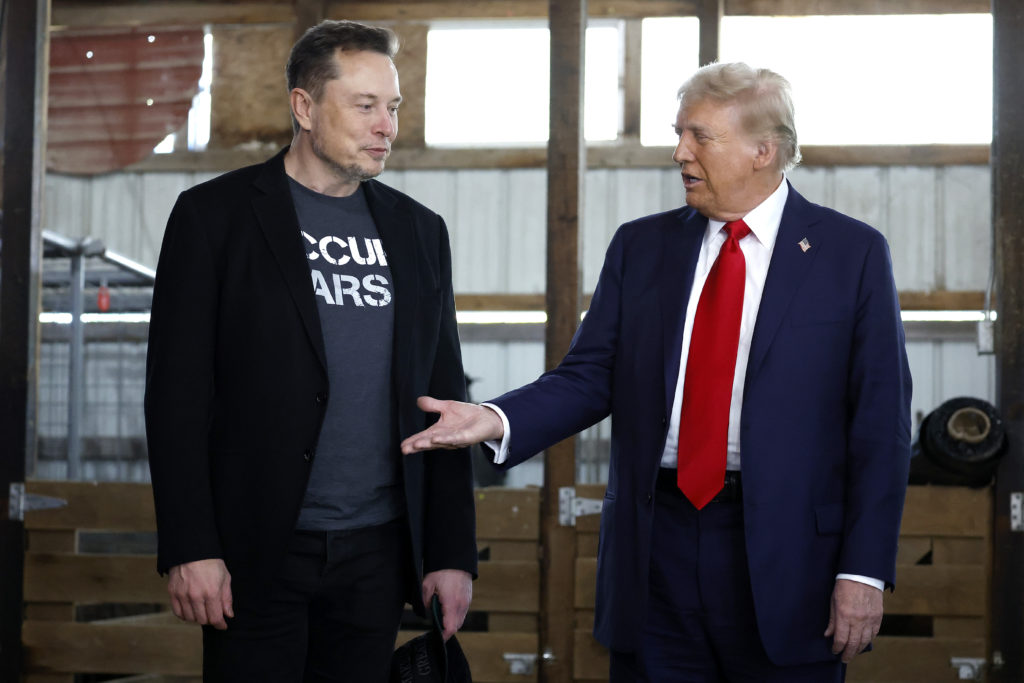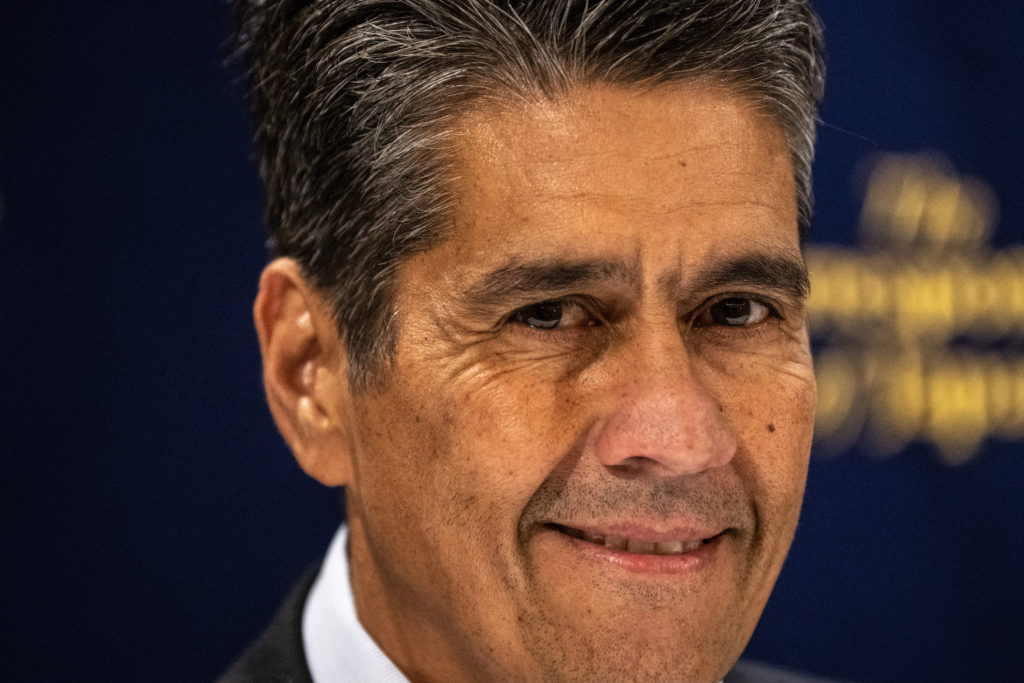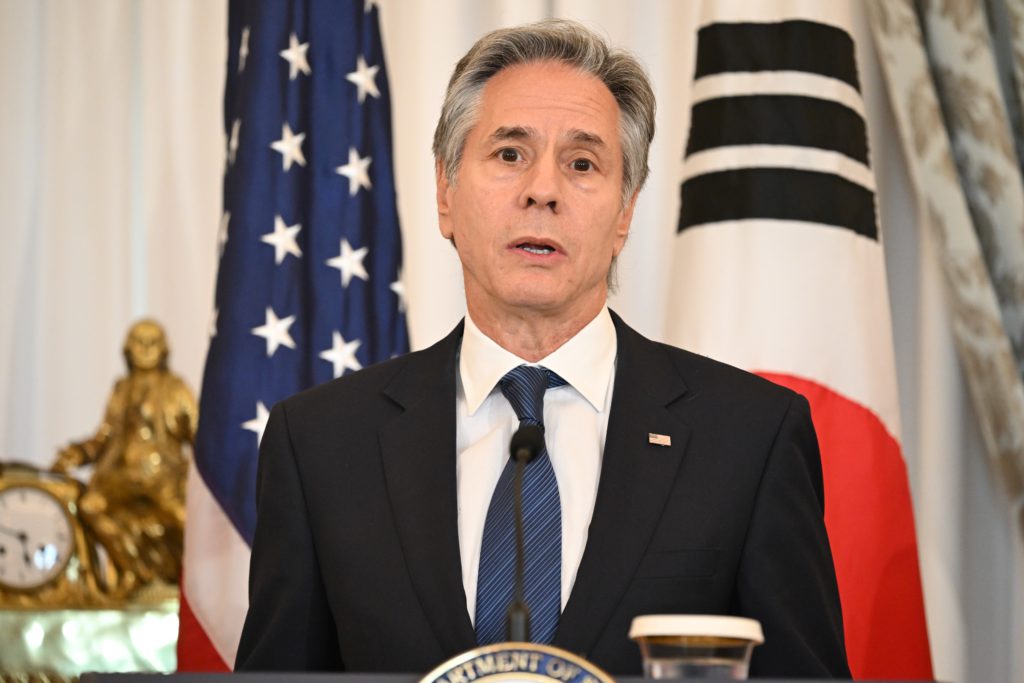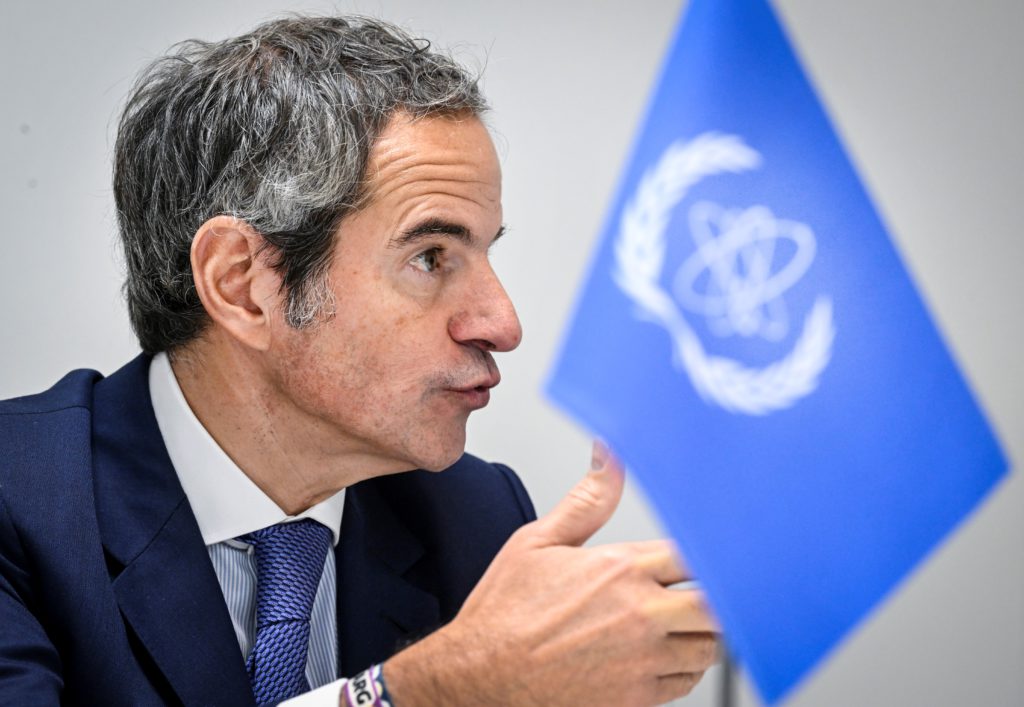US Secretary of State Antony Blinken (center) holds a joint press conference with Finnish Foreign Minister Pekka Haavisto (left) and Swedish Foreign Minister Tobias Billstrom
Finland and Sweden joined the United States on Thursday in asking Turkey for its greenlight soon to join NATO, saying they have been fulfilling promises sought by Ankara on militants.
Secretary of State Antony Blinken and the Swedish and Finnish foreign ministers, meeting jointly in Washington, steered clear of airing any frustration or threatening Turkey, the one nation holding up the Nordic nations’ bids to join the transatlantic alliance.
“I’m confident that NATO will formally welcome Finland and Sweden as members soon,” Secretary of State Antony Blinken told a joint news conference.
“Both countries have taken significant concrete actions to fulfill their commitments, including those related to the security concerns on the part of our ally Turkey,” Blinken said.
Turkey has demanded that the two countries take tougher stances on Kurdish militants that it considers terrorists in exchange for backing their NATO bids.
Sweden last week extradited Mahmut Tat, who is wanted by Ankara for membership in the Kurdistan Workers’ Party (PKK).
Finnish Foreign Minister Pekka Haavisto said that commitments made earlier this year to Turkey by both countries were being “very much fulfilled.”
He voiced hope that Sweden and Finland would join by February, the date when the other initial holdout, Hungary, has pledged to approve their accession.
“Of course what we are still missing is a clear date and clear plan of the Turkish parliament to deal with this issue,” Haavisto said.
“We know that Turkey is going to elections. Of course our hope is that this decision should come from Turkey rather sooner than later,” he said.
Turkish President Recep Tayyip Erdogan is up for reelection in June and some experts have speculated that he will show an uncompromising attitude until then.
Sweden and Finland both have close ties with Western militaries but have historically stopped short of open alliances for fear of angering nearby Russia.
Their hesitation changed after Russia invaded Ukraine, which had unsuccessfuly sought for years to join NATO, which commits to mutual defense of all its members.

